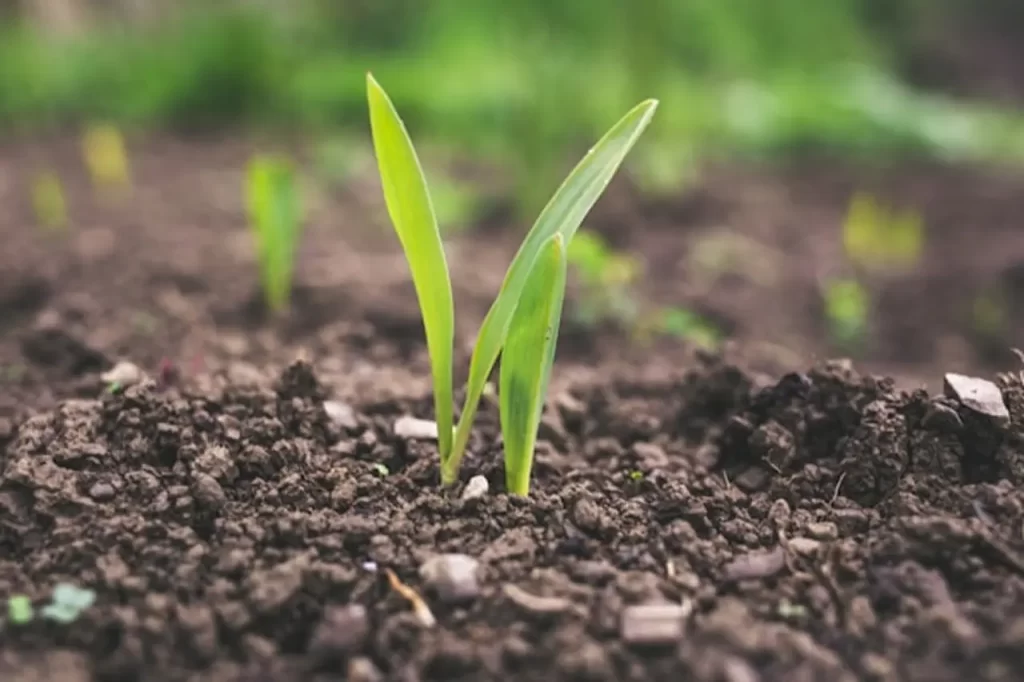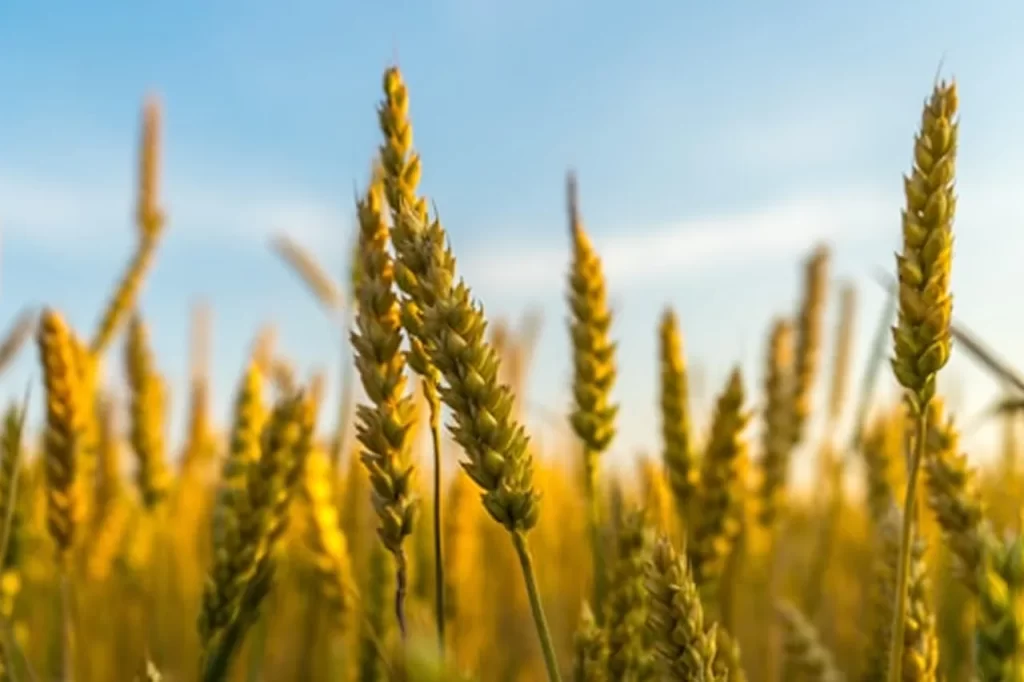In the face of growing global challenges such as climate change, population growth, and the increasing demand for food, biotechnology has emerged as a powerful tool for improving crop production. By harnessing the power of science and technology, biotechnology enables the development of crops that are more resilient, nutritious, and efficient, helping to meet the demands of modern agriculture and ensure food security for future generations.
What Is Biotechnology in Agriculture?
Biotechnology in agriculture refers to the use of biological processes, organisms, and their derivatives to develop or improve plants, animals, and microorganisms for agricultural purposes. This can include genetically modified organisms (GMOs), plant breeding techniques, gene editing, and other innovative methods that enhance the performance of crops and improve their resistance to pests, diseases, and environmental stresses.
Biotechnology has opened up a world of possibilities for agriculture, providing solutions that were once considered impossible. From drought-resistant crops to foods with higher nutritional value, biotechnology is helping farmers tackle some of the most pressing challenges facing the agricultural sector.
Key Ways Biotechnology Is Improving Crop Production
1. Enhanced Pest and Disease Resistance
One of the most significant advantages of biotechnology is its ability to develop crops that are resistant to pests and diseases. Traditional methods of pest control often rely on chemical pesticides, which can be harmful to the environment and human health. Biotechnology enables the creation of crops with built-in resistance to insects, fungi, and viruses, reducing the need for harmful chemicals and improving crop yields. Examples of such crops include Bt cotton and Bt corn, which produce their own natural insecticides to protect against pests.
2. Increased Drought and Stress Tolerance
Climate change has resulted in more frequent and severe droughts, which can devastate crops and threaten food security. Through biotechnology, researchers have developed drought-tolerant crops that are better able to withstand water scarcity. These genetically modified crops use less water, have improved root systems, and are more resilient to heat stress. Crops like drought-resistant maize and wheat are already being used in areas affected by water scarcity, helping farmers maintain stable yields even in challenging conditions.
3. Improved Nutritional Content
Biotechnology has the potential to enhance the nutritional value of crops, addressing global malnutrition issues and promoting better health outcomes. Through genetic modifications, scientists have developed crops that are richer in essential vitamins and minerals, such as Golden Rice, which is fortified with Vitamin A to combat deficiency-related blindness in developing countries. Other biofortified crops include cassava, maize, and wheat, which are enriched with iron, zinc, and folate to improve the health of vulnerable populations.
4. Higher Yields and Greater Efficiency
Increasing crop yields is a critical component of feeding the world’s growing population. Biotechnology allows for the development of crops that can produce higher yields per acre, making farming more efficient and reducing the need for expanded agricultural land. Through genetic improvements, crops can be designed to be more productive, withstand harsh conditions, and utilize nutrients more effectively, resulting in better use of resources like water, land, and fertilizers.
5. Reduced Environmental Impact
Biotechnology can help reduce agriculture’s environmental footprint by promoting sustainable farming practices. For example, crops that are resistant to pests and diseases can reduce the need for chemical pesticides, while drought-tolerant crops require less water, conserving this precious resource. Moreover, crops engineered to tolerate saline soils or polluted environments can help reclaim degraded lands, providing new areas for agricultural production without the need for extensive irrigation or land clearing.
Cutting-Edge Biotechnology Techniques in Crop Development
Several innovative biotechnological techniques are transforming crop development and reshaping the future of agriculture:
• Genetic Modification (GMOs)
Genetic modification involves altering the genetic makeup of plants by inserting, deleting, or modifying specific genes to achieve desired traits. GMOs are used to create crops with resistance to pests, improved nutritional content, and tolerance to environmental stress.
• CRISPR and Gene Editing
CRISPR technology allows scientists to precisely edit genes in plants, creating more targeted improvements without introducing foreign DNA. This technique has the potential to enhance traits like drought resistance, disease resistance, and nutritional content with greater precision and efficiency than traditional genetic modification methods.
• Marker-Assisted Selection (MAS)
MAS is a breeding technique that uses molecular markers to identify desirable traits in plants. By analyzing the plant’s DNA, scientists can accelerate the breeding process and create crops with specific attributes, such as disease resistance or higher yield potential, without the need for lengthy traditional breeding cycles.
• Tissue Culture and Cloning
Tissue culture techniques allow scientists to propagate plants from small tissue samples, producing large numbers of identical plants with desirable traits. This method is commonly used to create disease-free plants or to multiply elite cultivars that show strong agronomic performance.
The Future of Biotechnology in Agriculture
As technology continues to advance, the potential for biotechnology to revolutionize agriculture becomes even more promising. Future developments may include the creation of crops that are not only more resilient to climate change but also capable of growing in challenging environments, such as deserts or areas with contaminated soil.
Moreover, biotechnology can play a role in improving the sustainability of agriculture by reducing the reliance on chemical inputs, conserving natural resources, and minimizing agriculture’s carbon footprint. With a growing global population and increasing demand for food, biotechnology offers a pathway to achieve food security while maintaining ecological balance.
Ethical Considerations and Public Perception
Despite the many benefits, the use of biotechnology in agriculture has sparked debates about safety, ethics, and environmental impact. Concerns over the long-term effects of GMOs, unintended consequences on biodiversity, and the consolidation of seed patents by large biotech companies have raised questions about the role of biotechnology in food production.
As biotechnology continues to evolve, it will be important to balance innovation with regulation and transparency. Ensuring that new technologies are tested rigorously and that the benefits are accessible to all farmers, especially smallholders in developing countries, will be key to the widespread adoption of biotechnology in agriculture.
Conclusion
Biotechnology is revolutionizing agriculture by creating crops that are more resilient, productive, and nutritious. With its ability to address some of the most pressing challenges facing the agricultural industry, including climate change, food security, and environmental sustainability, biotechnology holds great promise for the future of farming. As we continue to leverage scientific innovation, it is crucial to ensure that these advancements are used responsibly to promote a healthier, more sustainable agricultural system for all.




